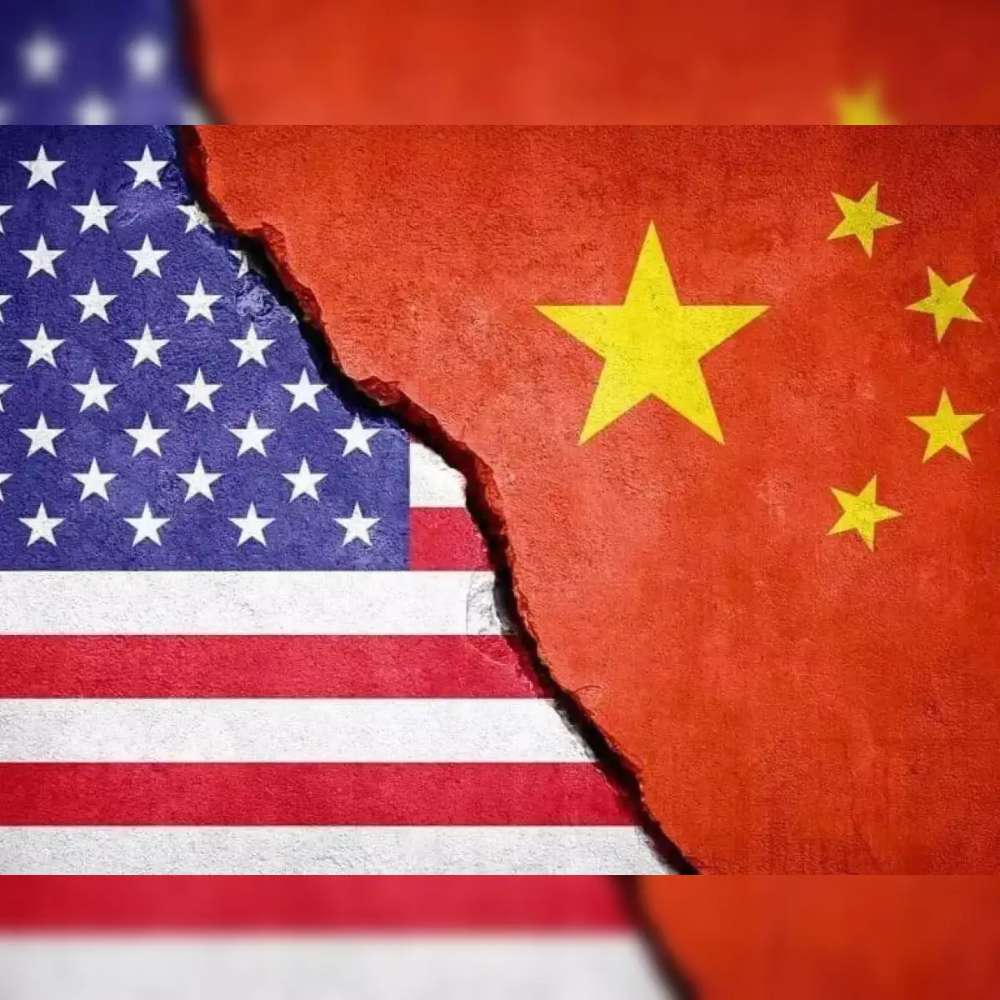Starting this Friday, American shoppers will face higher prices and increased import procedures as the U.S. government ends a key tariff exemption for Chinese goods from mainland China and Hong Kong. Known as the de minimis exemption, this policy has allowed items valued under $800 to enter the country without tariffs or detailed customs paperwork since 2016. The decision to eliminate this exemption—part of the Trump administration’s evolving trade strategy—is expected to significantly affect consumers who rely on budget-friendly imports from platforms like Temu and Shein. Although initially ordered in February and briefly reversed, the policy is now officially going into effect. Logistics experts report that the initial rollback alone led to a backlog at entry points, signaling potential challenges ahead as the new rules take hold.
Rising Costs Already Felt by Shoppers and Retailers
With the policy shift, platforms like Temu have started detailing steep import charges at checkout. A sample cart of 10 items from Temu, originally priced at $275.03, saw an additional $343.26 in import fees—raising the total cost to $628.49. Shein, while claiming tariffs are included in displayed prices, has also quietly increased prices. Shopper Lindsay Olive from Atlanta noted a blue summer dress that was $10.88 last week had jumped to $13.88 by the weekend. These price hikes are occurring even before the tariff exemption for Chinese goods officially ends, as retailers anticipate goods crossing the border after Friday will be subject to tariffs. The added fees will vary based on the shipping carrier, with express services like FedEx and DHL applying tariffs up to 145%, while postal shipments will incur a flat 120% tariff or $100 per package, increasing to $200 in June.
More Paperwork and Potential Delays on the Horizon
Aside from higher prices, the new policy introduces more complexity to online shopping. Until now, de minimis shipments required only a name and address. Starting Friday, these packages will be treated as “informal entry” imports—still not needing a Social Security number, though carriers may request it for faster customs processing. Major shippers such as FedEx and DHL have confirmed they won’t require such identification, while UPS remains noncommittal. The U.S. Postal Service clarified it will not collect tariffs directly; instead, collection will fall to the carrier transporting the goods, unless a tariff exemption for Chinese goods applies. Customs and Border Protection has acknowledged the increased burden but expressed confidence in its ability to enforce the new tariffs. Still, industry experts warn that the added scrutiny and paperwork could result in processing delays, though the extent remains uncertain.
With millions of Americans shopping from Chinese e-commerce platforms, the policy marks a significant shift in the cost and convenience of cross-border buying—and could reshape the online retail landscape for low-cost imports.
Visit Mr. Business Magazine For The Most Recent Information.







